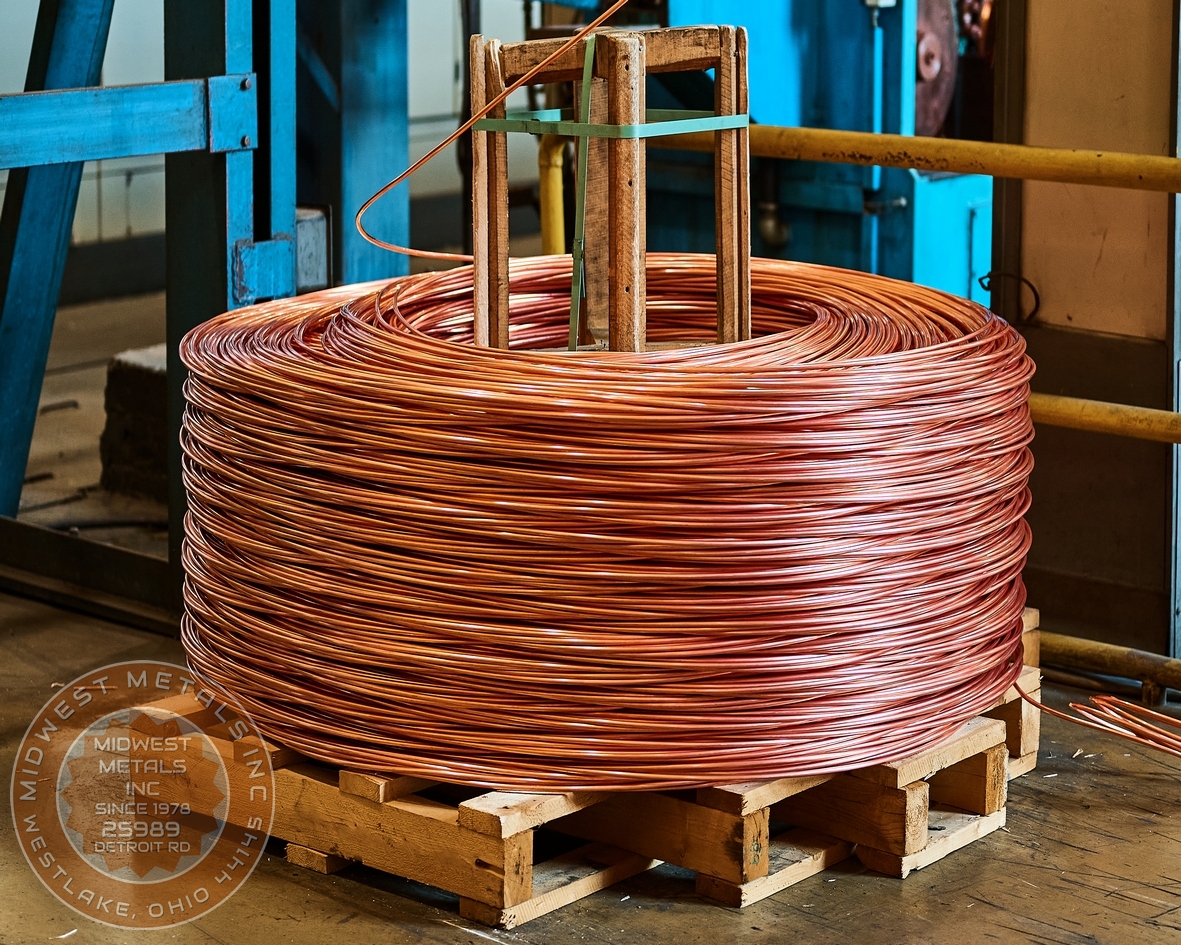Key Properties Driving Industrial Use:
Low Temperature Coefficient of Resistance:
Manganin's electrical resistance changes very little with temperature, ensuring accurate measurements in various conditions.
High Resistivity and Stability:
It has a relatively high electrical resistance compared to pure copper and maintains its resistance over time, making it reliable for long-term use.
Low Thermal EMF:
It produces a very small voltage when it's in contact with copper, minimizing interference in DC circuits.
High Resistance to Pressure:
Its resistance changes linearly with pressure, allowing its use in gauges to study high-pressure shock waves.
Industrial Applications:
Precision Measurement Instruments:
Used for resistors and shunts in devices that need extremely stable resistance values.
Resistance Standards:
Manganin resistors have historically served as legal standards for the unit of electrical resistance, the ohm.
High-Pressure Shock Wave Studies:
Manganin wire is used in gauges to measure the intensity and characteristics of high-pressure shock waves in liquids and solids.
Cryogenic Systems:
Its use as an electrical conductor in cryogenic environments helps minimize heat transfer between different points.
Electrical and Electronic Components:
Components like wire-wound resistors, potentiometers, and standard electrical connectors utilize manganin.
